Between October 31, 2020 and December 15, 2020, 26,759 individuals were surveyed across 32 countries via nationally representative survey designs. Bayesian methods are used to estimate COVID-19 vaccination acceptance and explore the sociodemographic determinants of uptake, as well as the link between self-reported health and faith in the government’s handling of the pandemic and acceptance.
Read moreRelated content
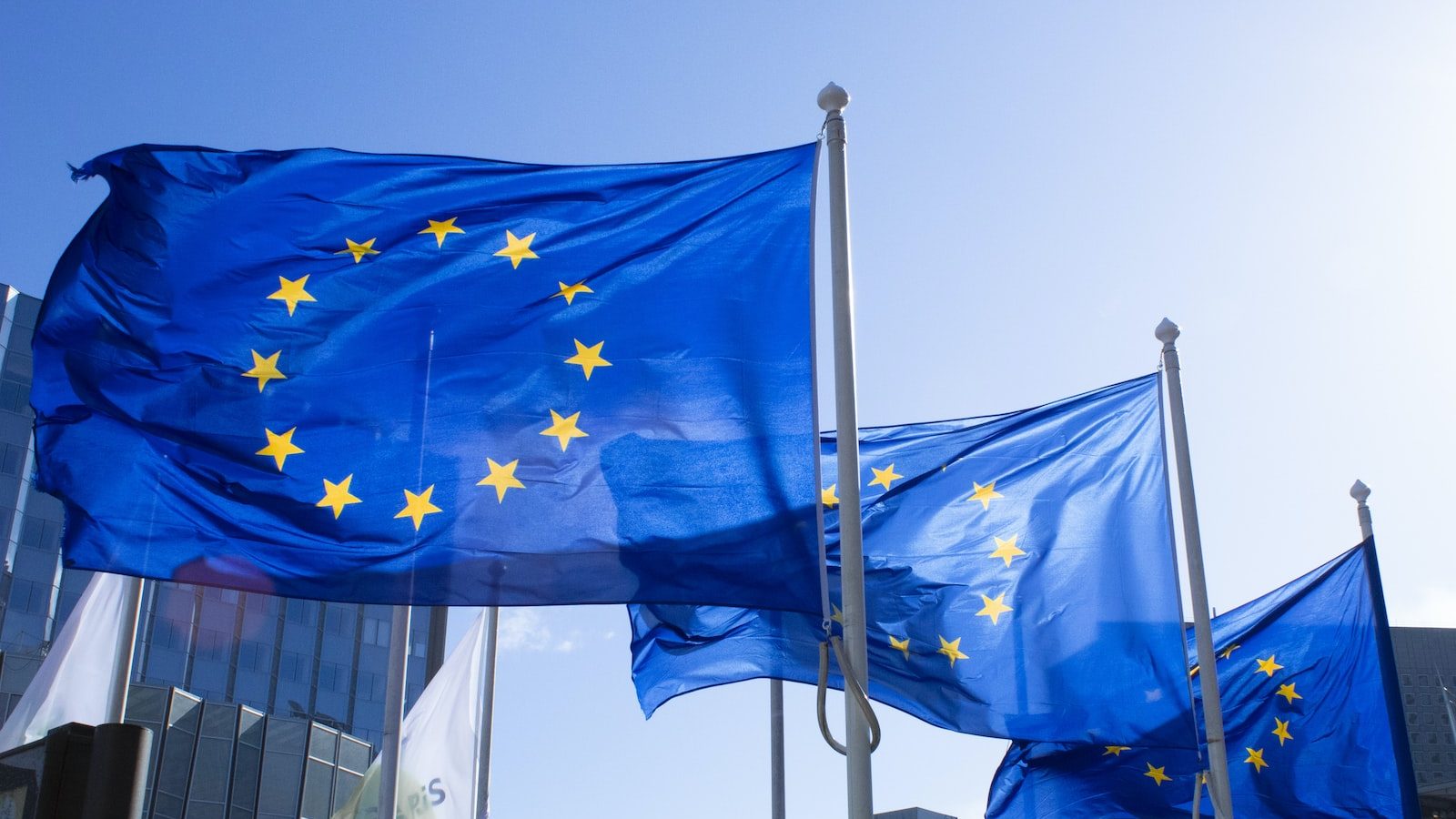
In 2018, the European Commission engaged the Vaccine Confidence Project to create the first “State of Vaccine Confidence in the EU” report. Since then, the VCP has conducted bi-annual research to map and monitor public attitudes to vaccines across the region and examine trends over time.

In this large-scale multi-country study, we explored intent to accept a COVID-19 vaccine and the socio-demographic and emotional determinants of uptake for 17 countries.
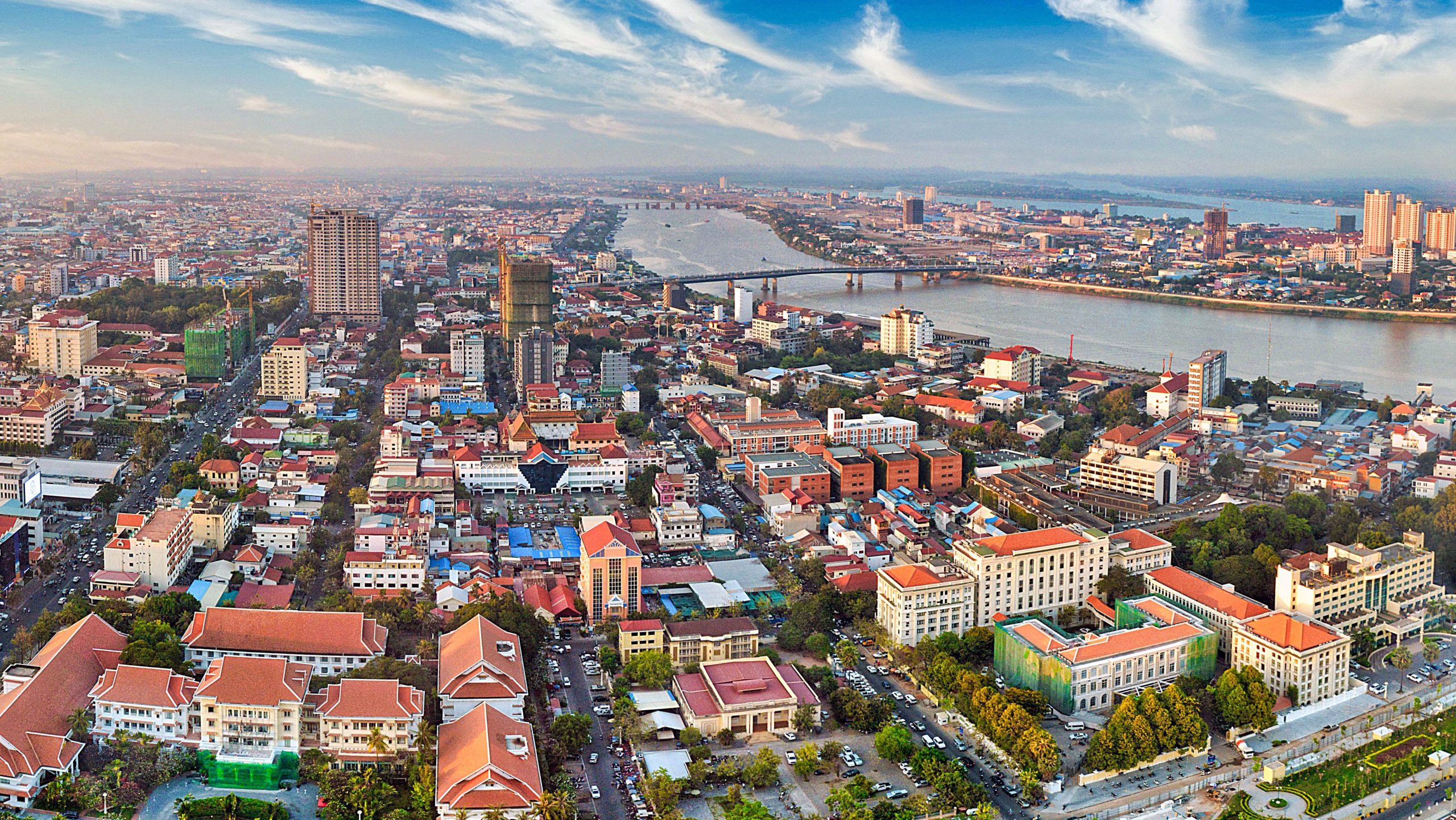
To identify knowledge gaps, beliefs and attitudes in relation to the COVID-19 pandemic and COVID-19 vaccine acceptance among adults in the Asia-Pacific region, the Vaccine Confidence Project conducted two waves of quantitative research in 2021 and 2022.
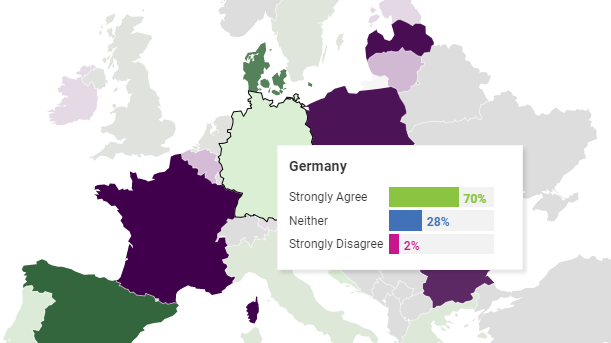
In this study we assessed the overall state of confidence in vaccines among the public in all 27 EU member states.
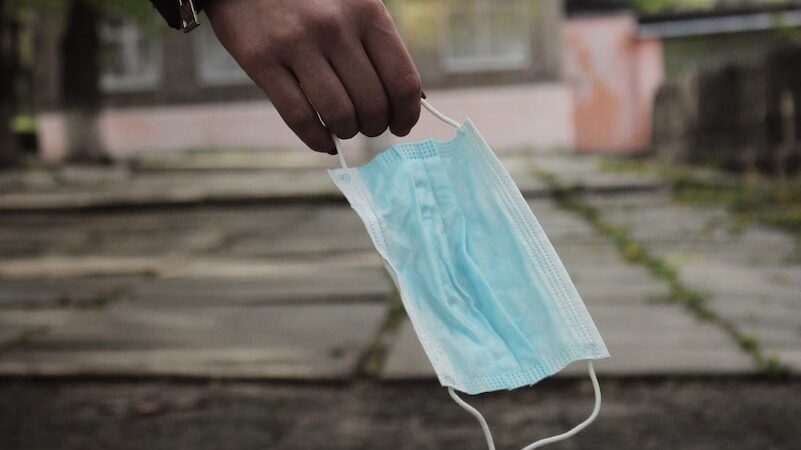
Our third study of COVID-19 vaccine hesitancy among 23,000 respondents in 23 countries, surveyed from 29 June to 10 July 2022 found willingness to accept vaccination at 79.1%, up 5.2% from June 2021.
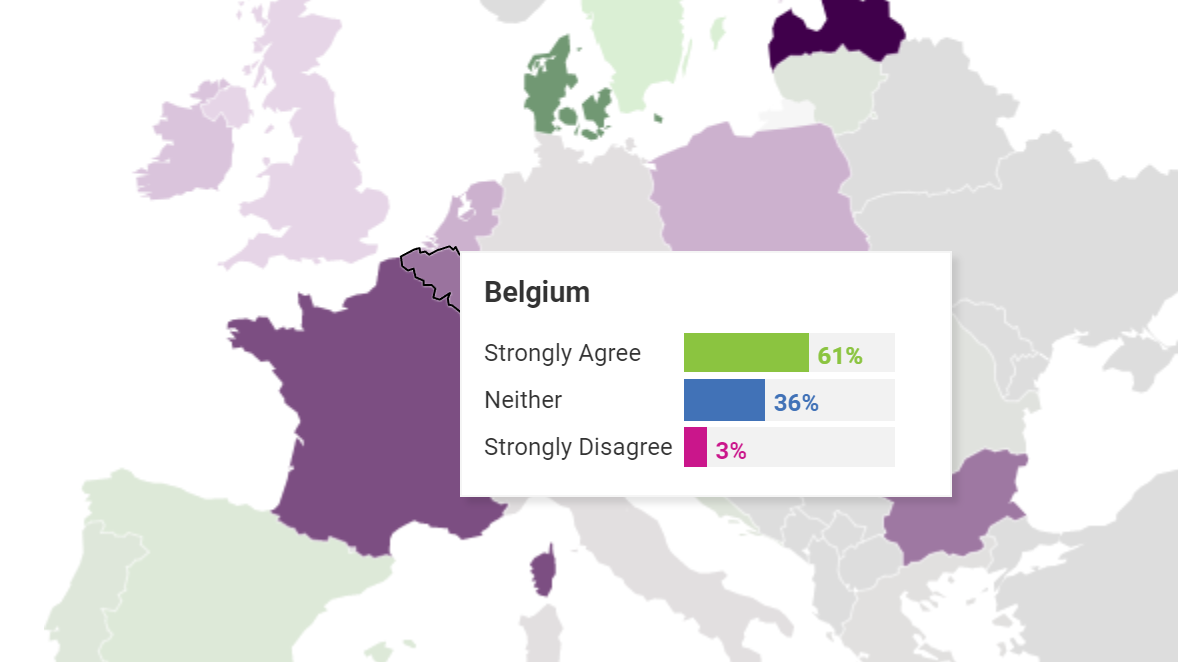
Our 2020 study investigated public perceptions towards the importance, safety, and effectiveness of vaccines as well as the perceptions towards the safety…